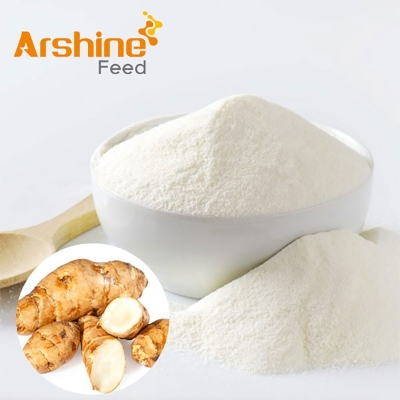-
Categories
-
Pharmaceutical Intermediates
-
Active Pharmaceutical Ingredients
-
Food Additives
- Industrial Coatings
- Agrochemicals
- Dyes and Pigments
- Surfactant
- Flavors and Fragrances
- Chemical Reagents
- Catalyst and Auxiliary
- Natural Products
- Inorganic Chemistry
-
Organic Chemistry
-
Biochemical Engineering
- Analytical Chemistry
-
Cosmetic Ingredient
- Water Treatment Chemical
-
Pharmaceutical Intermediates
Promotion
ECHEMI Mall
Wholesale
Weekly Price
Exhibition
News
-
Trade Service
The Press Office of the Ministry of Agriculture and Rural Affairs announced on January 19 that an outbreak of highly pathogenic avian influenza of the wild swan H5N8 subtype occurred in the Yellow River Delta Nature Reserve in Dongying City, Shandong Province.
January 19, the Ministry of Agriculture and Rural Affairs received a report from the China Animal Disease Prevention and Control Center that a wild swan H5N8 subtype of highly pathogenic avian influenza outbreak occurred at the Dawen Stream Management Station of the Yellow River Delta Nature Reserve in Dongying City, confirmed by the National Avian Influenza Reference Laboratory.
249 wild birds perched at the epidemic point, with 35 cases and 35 deaths.
outbreak occurred, the local emergency response mechanism was activated immediately to carry out emergency disposal work, disinfection of the surrounding environment, all dead wild birds have been harmless treatment.
the same time, Japan, South Korea and other neighboring countries in the avian flu epidemic situation is serious, the two countries killed 6 million, 20 million live chickens.
spread of avian flu! More than 6 million live chickens have been culled in Japan since November, according to the latest statistics released by the Japanese government, and since November, chicken farms in 15 prefectures in Japan have detected outbreaks of highly pathogenic avian influenza, accounting for about a third of the total number of prefecture-level administrative regions in Japan, the most widespread on record.
as of yesterday morning, the total number of live chicken culls had reached 6.04 million, the highest in Japan.
To prevent the spread of bird flu, South Korea culled nearly 20 million poultry, Yonhap reported, South Korea's Ministry of Agriculture, For animals and food said South Korea has culled 18.8 million poultry, in order to prevent the spread of highly pathogenic avian influenza outbreak, more poultry may be culled in the future.
, South Korea's Ministry of Agriculture, For animal husbandry and food said 66 cases of H5N8 have been confirmed since November 2020.
confirmed case is at a duck farm about 260 kilometers from Seoul.
authorities have culled all poultry within a 3km radius of the duck farm.
Ministry of Agriculture, Forearth and Livestock said the city of Seoul near Gyeonggi Road had the highest number of cases, at 17 cases, with 14 cases in the whole of Luobei Road.
according to South Korea's epidemic prevention regulations, once the farm confirmed cases of avian influenza, within 3 kilometers of all poultry should be culled.
, the government has issued several "closed orders" to poultry farms across the country to restrict the movement of vehicles and people, while carrying out culling operations.
limit is 24 to 48 hours per day.
The Ministry of Agriculture, For animal husbandry and food of South Korea confirmed on November 28, 2020 that the first outbreak of avian influenza in South Korea was detected in the city of Jingyi, Quan Luobei Road, and that H5N8 highly pathogenic avian influenza virus was detected in the meat and duck tests.
is a highly contagious virus that spreads from poultry to poultry.
human infection has not been detected since the virus was first detected worldwide in 2014. Prices of eggs and chicken products in South Korea have risen as large numbers of poultry have been culled.
the past week, the price of fresh eggs in the area has risen by 25.9 per cent compared with the same period last year, while the price of chicken has risen by 10.6 per cent.







